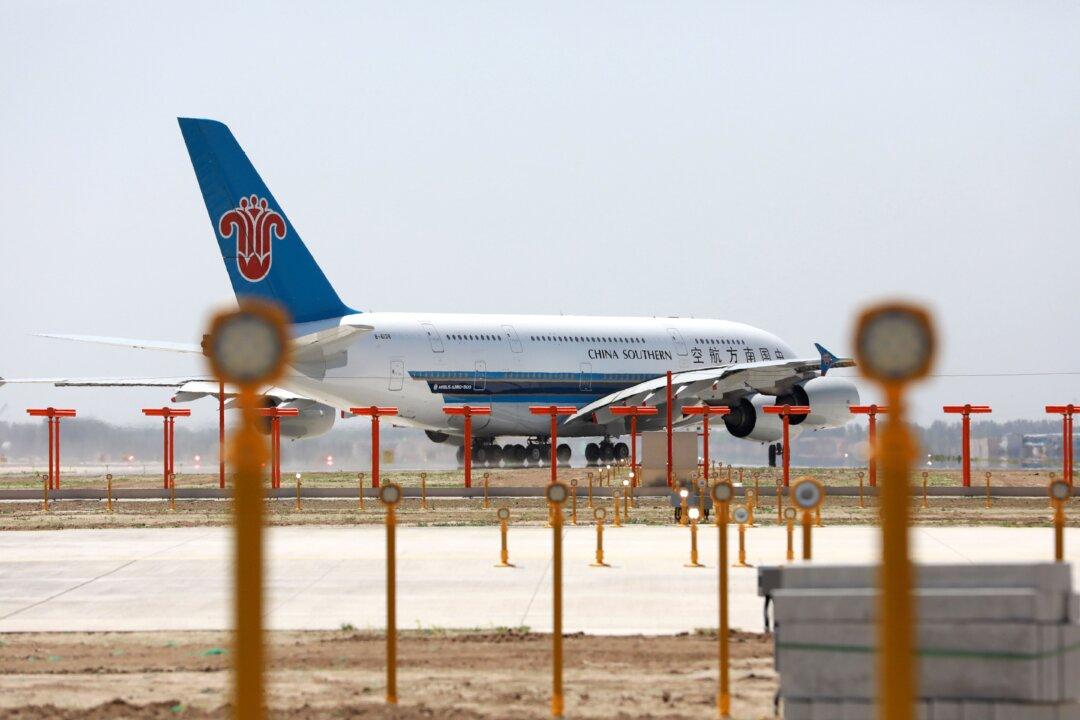The U.S. Transportation Department said it’s suspending 44 China-bound flights by four Chinese carriers after Beijing suspended dozens of flights by U.S. airlines.
Biden administration announced on Jan. 21 that the United States would ground Xiamen Airlines’ scheduled flights from Los Angeles to Xiamen starting Jan. 30. In addition, the United States will also cut China-bound flights by Air China, China Southern, and China Eastern.




